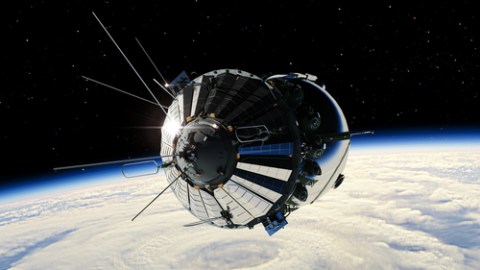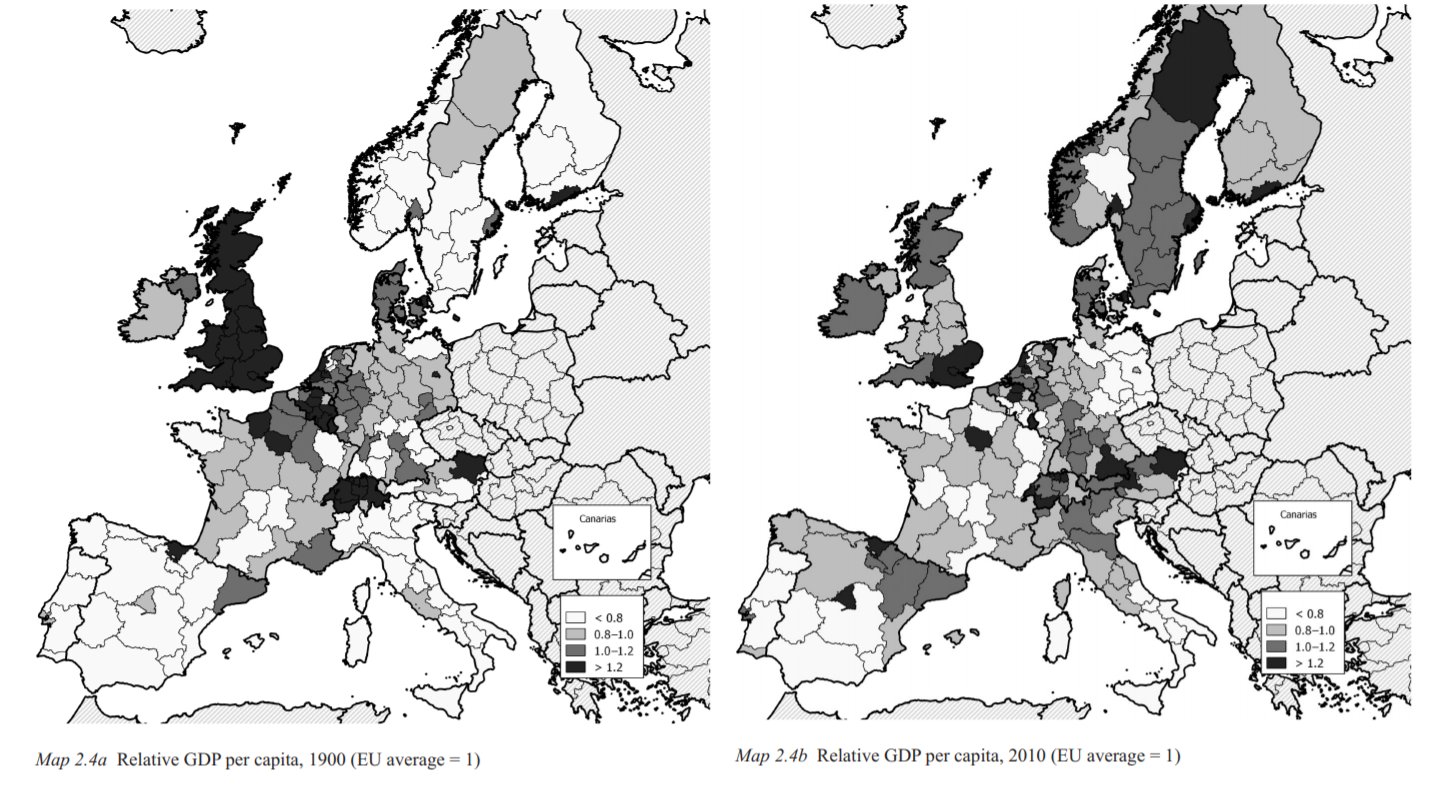Physics to the Dogs: A Lost Decade for U.S. Scientists?

A Chinese flag, not an American one, will be planted in the lunar dust when the next manned mission to the moon occurs some time around 2025. Scientific teams in Europe, not the U.S., are poised to discover the Higgs boson. Indeed, the U.S. has lost the initiative not just in space, but also in fundamental research.
This “worrying trend,” as The New York Times recently termed it, is neatly encapsulated in this bitter paradox: while three American astronomers won the Nobel Prize in Physics last year for their reaffirmation of dark energy, NASA is taking a back seat to the European Space Agency in a mission to travel to space to measure dark energy.
As The Times observed:
For some scientists, this represents an ingenious solution, allowing American astronomers access to the kind of data they will not be able to obtain on their own until NASA can mount its own, more ambitious mission in 2024.
But for others, it is a setback. It means that for at least the next decade, Americans will be relegated to a minor role in following up on their own discovery.
The costs of taking a back seat can be measured in terms of the top talent the U.S. stands to lose to other countries that are taking the lead in fundamental research, and all the benefits that come with that. That is to say, if the thirst for discovery is not a fundamental part of our culture we are a culture left without a vision, a mission statement, if you will, about who we are and what we want to be.
Will we need another “sputnik moment” to avoid a lost decade for physics in the U.S.? Bill Nye, aka, “the science guy” describes the impact the space race had on his life and career in in the video below.
Watch here:
Image courtesy of Shutterstock
Follow Daniel Honan on Twitter @Daniel Honan





